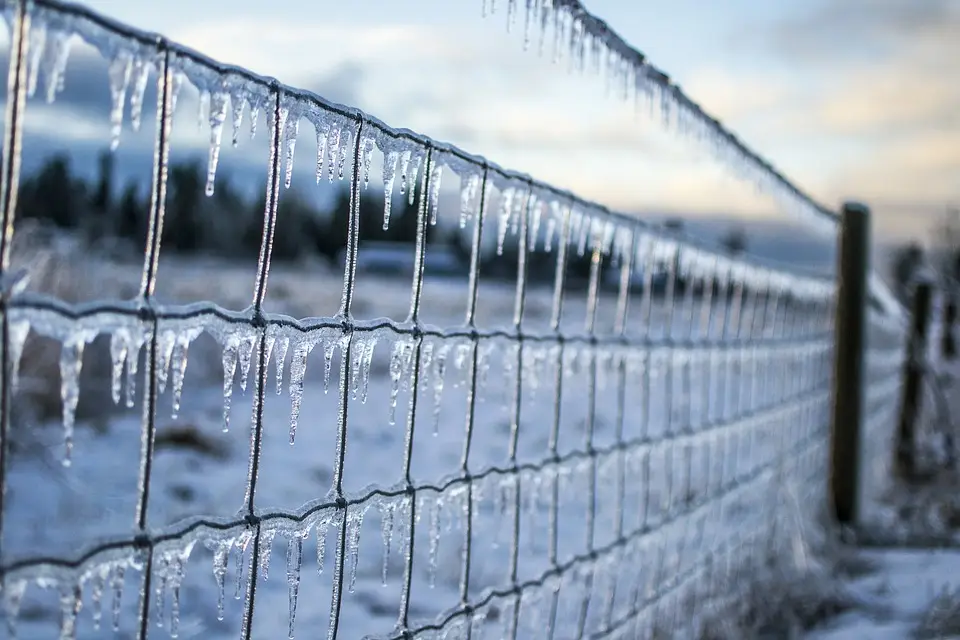This column is contributed by SNHU’s Environmental Club.
“How could global warming be real if the weather has been so blah blah blah?”
This is a question many environmental scientists are asked on a regular basis. Indeed, global warming is related to climate change, but climate change is much more than that. To explain, it is important to make the distinction between weather and climate.
Weather refers to the short-term, day-to-day environment, while climate is the seasonal weather patterns observed over a long period of time. Weather changes daily, but climate has historically been considered stable and expected. Climate change refers to the instability in the atmosphere caused by anthropogenic, or human-caused, carbon emissions.
But hasn’t the climate always changed? The simple answer is yes. Over our planet’s 4.5 billion years of existence, the climate has morphed and fluctuated in more ways than most can fathom. However, for nearly all our planet’s existence, humans have not been around.
Modern humans as we know it evolved 200,000 years ago in Eastern Africa. Interestingly, humans developed agricultural skills only about 12,000 years ago. Fast forward to around 200 years ago, and humans had begun using fossil fuels, such as coal and gas, to heat their homes, power transportation and innovate technologically. These advances have allowed humans to flourish and reproduce globally on unprecedented levels. A direct consequence of this population boom is that more people have used, and are still using, the rapidly-depleting supply of fossil fuels.
As previously mentioned, the earth’s atmosphere has changed in the past. Nonetheless, the change observed today is human-caused, which never occurred until recently. As a result, this phenomenon is accelerating. This makes the future unstable, and it is challenging for scientists to accurately predict when the damage humans have caused will be irreversible.
Additionally, it is important to mention that climate change is already impacting nations and people around the world. It’s happening now, not in the distant future. Climate change has already taken the lives of thousands of people. Some prominent examples of the effects of climate change include Hurricane Sandy in 2012, the deadly wildfires that ravaged California last fall, the recent polar vortex and the global decline of coral reefs. Climate change also has serious implications for our nation’s safety and security. For example, in Virginia, Norfolk Naval Station floods on a regular basis and is expected to flood hundreds of times annually due to rising sea levels. This is just one instance of how climate change can impede military readiness and effectiveness.
Although humans have been on Earth for a cosmic blip in time, we have caused irreparable damage. Despite this, there is still time to save our planet before more people suffer. Climate change is very real, so do something about it.
If you’re interested to learn more about what you can do on-campus, join the Environmental Club on Thursdays at 5 P.M. biweekly.




